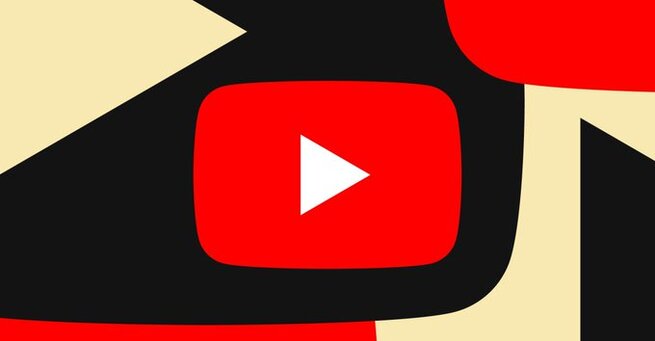
YouTube's New Profanity Rules: What Creators Need to Know for Monetization
Are you a YouTube creator wondering how to balance authentic expression with earning ad revenue? Good news! YouTube has recently updated its profanity policies, allowing more flexibility for creators. As of July 29, 2025, videos that include strong profanity, like the F-word, within the first seven seconds are now eligible for full monetization. This significant shift addresses long-standing feedback from the creator community and reflects evolving advertiser expectations. Previously, such content often faced "limited ad revenue," impacting creators' earnings. This update aims to empower creators, especially those in gaming or comedy, to express themselves more naturally without immediate financial penalties.
Understanding the Evolution of YouTube Profanity Monetization
The journey to these new guidelines hasn't been without its bumps. In November 2022, YouTube introduced stricter rules that potentially limited ad revenue for videos using profanity in the initial 8-15 seconds. This sparked considerable backlash from creators who felt their content was unfairly demonetized. A notable example was SungWon Cho (ProZD), whose video criticizing the policy was itself demonetized. In response to this outcry, YouTube adjusted its policies in March 2023, allowing profanity in the 8-15 second window to be eligible for ad revenue. The latest update, however, goes a step further by granting full monetization for strong profanity right from the start.
This recent change in YouTube profanity monetization policy stems from a recognition that advertiser expectations have shifted. Historically, YouTube aimed to align with "broadcast standards," meaning a clear distance between ads and explicit language was expected. However, as Conor Kavanagh, YouTube's head of monetization policy experience, explained, advertisers now have more sophisticated tools to target content based on their desired level of profanity. This allows YouTube to be more flexible, trusting advertisers to make informed decisions while giving creators more freedom.
While the new YouTube profanity monetization rules offer greater flexibility, creators still need to exercise caution. The update does not mean a free pass for excessive or gratuitous profanity throughout a video. Videos with a high frequency of strong profanity, or those that use explicit language in titles or thumbnails, may still face limited monetization or even demonetization. The goal is to allow natural, authentic expression, not to encourage a continuous stream of expletives. Creators should always refer to YouTube's full Advertiser-Friendly Content Guidelines to ensure their content complies with all policies, fostering trust and maintaining a healthy platform.
𝗦𝗲𝗺𝗮𝘀𝗼𝗰𝗶𝗮𝗹 𝗶𝘀 𝘄𝗵𝗲𝗿𝗲 𝗿𝗲𝗮𝗹 𝗽𝗲𝗼𝗽𝗹𝗲 𝗰𝗼𝗻𝗻𝗲𝗰𝘁, 𝗴𝗿𝗼𝘄, 𝗮𝗻𝗱 𝗯𝗲𝗹𝗼𝗻𝗴. We’re more than just a social platform — from jobs and blogs to events and daily chats, we bring people and ideas together in one simple, meaningful space.